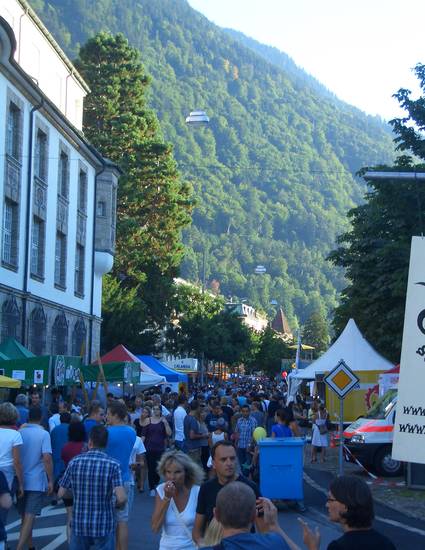
Article
Lessons from the Swiss Experience of Nation-Building: Implications for Multi-National Societies in Conflict
Japanese Journal of European Studies
(2016)
Abstract
This article explores lessons from the contemporary Swiss experience of nation-building as well as their applicability to conflict-affected multi-national societies searching for long-term visions of inter-communal coexistence. The question under study is how to define essential qualities of a collective historical experience capable of fostering mutually acceptable and sustainable way of coexistence among historically divided national communities. Field research in selected Swiss regions where the German-speaking majority coexists with the French, Italian, and/or Romansh-speaking minorities demonstrates that the highly synergistic, complementary nature of Swiss institutional arrangements (including multi-layered participatory governance that cuts across linguistic differences) and the deep-rooted cultures of mutual accommodation (including the majority reaching out to the minorities for a higher purpose of coexistence) plays an important role in the day-to-day practice of Swiss federalism and democracy. The article concludes with questions designed to stimulate exploratory dialogues about the applicability of the Swiss experience to the future of Syria, Myanmar, Afghanistan, and Nepal.
Keywords
- Swizerland,
- multi-national societies,
- nation-building,
- federalism,
- democracy,
- peacebuilding,
- conflict resolution
Disciplines
Publication Date
March, 2016
Citation Information
Tatsushi Arai. "Lessons from the Swiss Experience of Nation-Building: Implications for Multi-National Societies in Conflict" Japanese Journal of European Studies Vol. 4 (2016) p. 20 - 29 Available at: http://works.bepress.com/tatsushi_arai/80/
